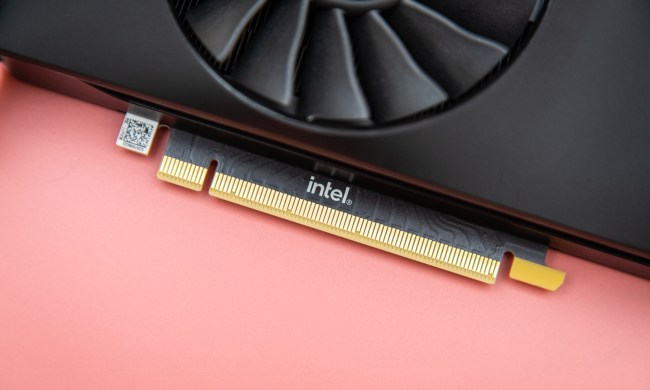Unnamed sources close to Taiwan-based graphics card manufacturers such as Gigabyte and MSI claim these companies will be forced to slash prices due to a dramatic 40 percent drop in month-on-month shipments starting in April. The plunge stems from a surprising drop in demand from large cryptocurrency mining farm operators and channel distributors who simply don’t need to place additional orders.
The news seemingly paints a picture of the current cryptocurrency mining “craze” and the graphics card market. The high demand from cryptocurrency miners reportedly took a huge nosedive at the beginning of April, as many now reportedly await Ethereum mining machines manufactured by China’s Bitmain in the third quarter. Even more, Bitcoin and Ethereum values took a sharp decline in early 2018.
Obviously, this scenario is problematic for companies who enjoyed soaring profits due to cryptocurrency mining throughout 2017. Gigabyte sold 4.5 million graphics cards last year, up one million units from 2016, totaling $67.37 million in profits. The company even surged in the first quarter of 2018 with a 51.38 percent increase compared to the first quarter in 2017, and a 29.9 percent increase over the last quarter of 2017.
Graphics card and motherboard competitor MSI saw similar profits, earning $3.95 billion in March, up 33.49 percent compared to the same quarter in 2017, and up 27.17 percent from the previous quarter. TUL, another company dedicated to manufacturing graphics cards, also experienced higher revenues for March and the first quarter of 2018.
But now customers are either halting orders for graphics cards and motherboards, or canceling purchases altogether. That means manufacturers likely have a large supply of hardware on hand, collecting dust and killing profit margins. To move this unwanted hardware off warehouse shelves, manufacturers and channel partners will be forced to offer discounts. Card makers are hoping the market will rebound in May or June, sources claim.
Bitman’s Antminer E3 is slated to ship around the end of July. It relies on an application specific integrated circuit (ASIC) built specifically for mining Ethereum, eliminating the need to purchase a batch of graphics cards. It will supposedly be more efficient in the mining process, but like all other ASICs invading the cryptocurrency market, it allegedly encourages currency centralization and threatens to put the majority of the computing power into the hands of large mining operations.
With farms looking toward ASICs to do the bulk mining, their focus suggests a less-barren graphics card market for PC gamers in 2018. At least for a year, cryptocurrency miners have scooped up the majority of graphics cards on the market, making the supply extremely scarce and highly inflated prices for the units shoppers manage to find. An abundant supply means “normal” pricing for gamers and general customers alike.
We have already seen a slight discount of sorts from AMD. The company introduced its Combat Crate program that bundles MSI and Gigabyte motherboards with AMD’s Ryzen 5 1600 CPU and Radeon RX 580 graphics card. Are they simply moving stock at a discounted price due to the low cryptocurrency miner demand?


